Medium Article : #MeToo started a lot earlier than you think …
This month there have been many articles and think pieces about the five-year anniversary of the #MeToo movement. The hashtag became ubiquitous in the aftermath of the Harvey Weinstein sexual harassment and assault revelations reported in 2017. This news empowered countless women to speak out about their own experiences of workplace abuse — and to tag their accounts with #MeToo.
2017 was a critical turning point for the movement because media coverage of the Weinstein case exposed him and the larger issue of sexual abuse and harassment to a wider audience. But it’s important to remember that this movement didn’t start then, just five short years ago. In fact, survivors have been telling their stories and fighting back against harassment and abuse for years before the hashtag went viral.
Tarana Burke, herself a survivor, launched the #MeToo movement back in 2006 to encourage other women to speak out about their experiences. Her bravery opened a path for survivors to stand up for themselves, often under unbearable circumstances. Gretchen Carlson sued Roger Ailes, the then Chairman and CEO of Fox News, in 2016 for sexual harassment, and Julie Roginsky sued the network in early 2017 for sexual harassment and retaliation.
We celebrate Tarana and other early leaders of the #MeToo movement for telling their stories and exposing how widespread harassment and abuse are across many industries. While the sexual abuse and harassment cases surrounding Harvey Weinstein became a pivotal and educational moment, thanks to the courage of so many women who came forward, we would be remiss if we didn’t remind the media and others that thanks to a cadre of survivors through the years and the voice of Tarana Burke, a movement was born to finally seek justice.
After our own cases, we founded Lift Our Voices because we didn’t want anyone to go through what we both endured: experiencing workplace toxicity and then not being able to speak about our own truths, due to legal silencing mechanisms. We knew that it wasn’t enough to try to convince companies to stop imposing NDAs and forced arbitration clauses on their employees — we needed a permanent solution in the form of a workplace cultural shift and changes to the law at both the state and federal levels.
Fast forward to today: we spearheaded the passage of the Ending Forced Arbitration of Sexual Assault and Sexual Harassment Act that was signed into law this past March. We are now working to advance the Speak Out Act, which will end the use of predispute non-disclosure agreements relating to cases involving sexual assault and harassment. Congress has an opportunity to pass this legislation after the mid-term elections and we are encouraged that it will get done this year.
Press Conference for the Speak Out Act, July 14, 2022
It’s been a long road for the many warriors in this movement. But there is more to be done — and we are energized by the commitment of everyone who is fighting this critical battle to change the American workplace for the better.

